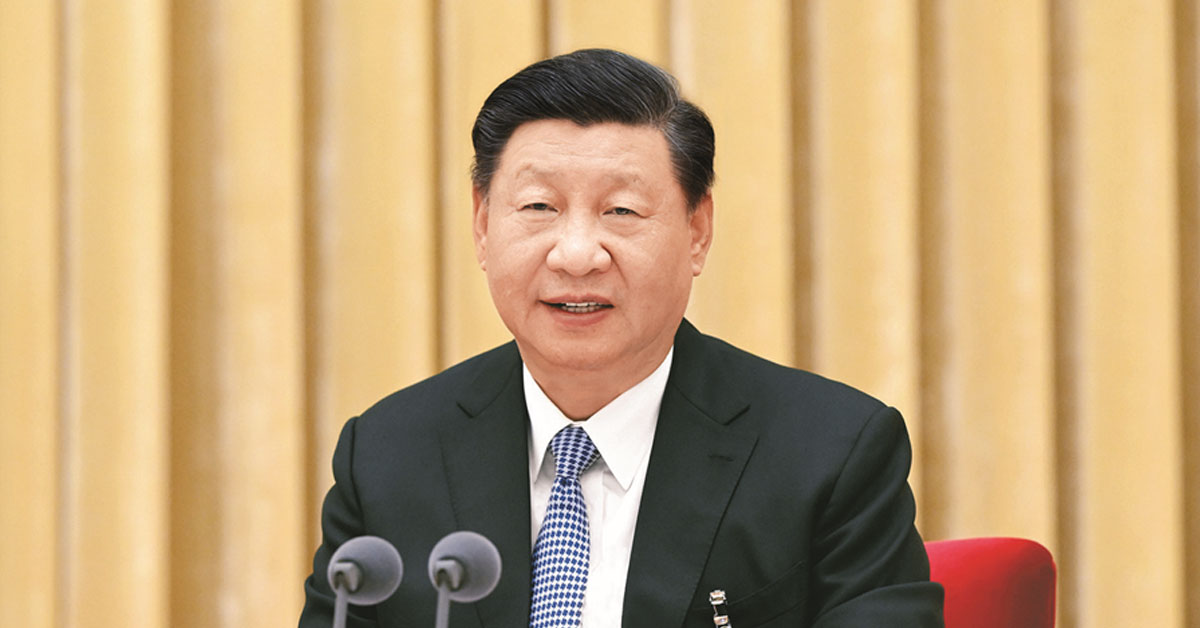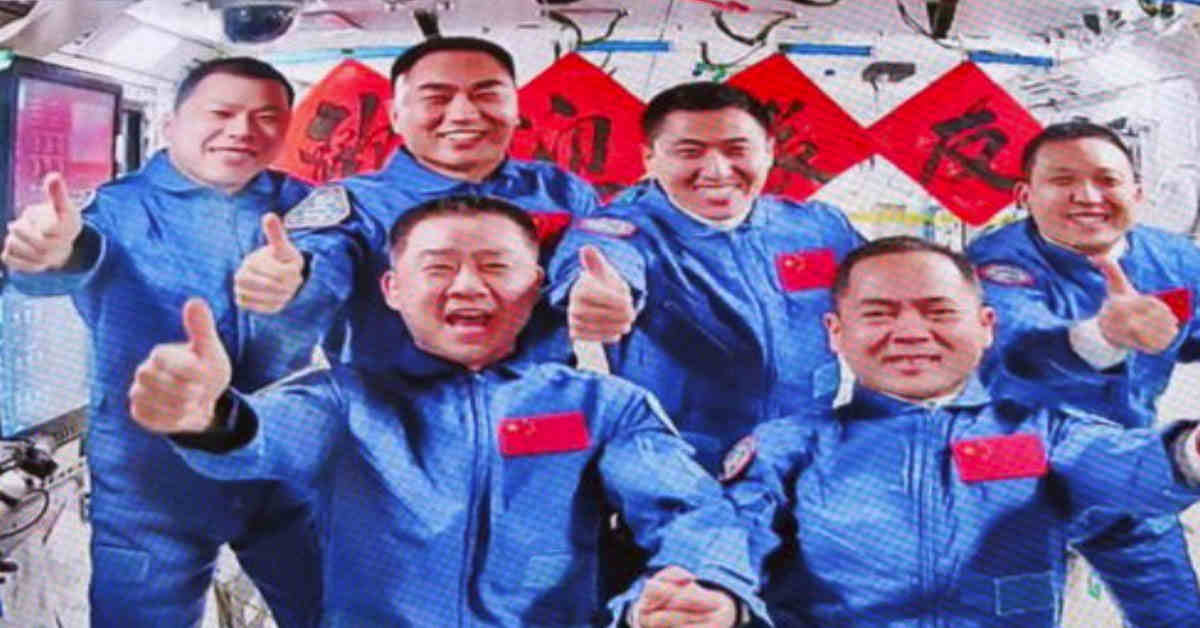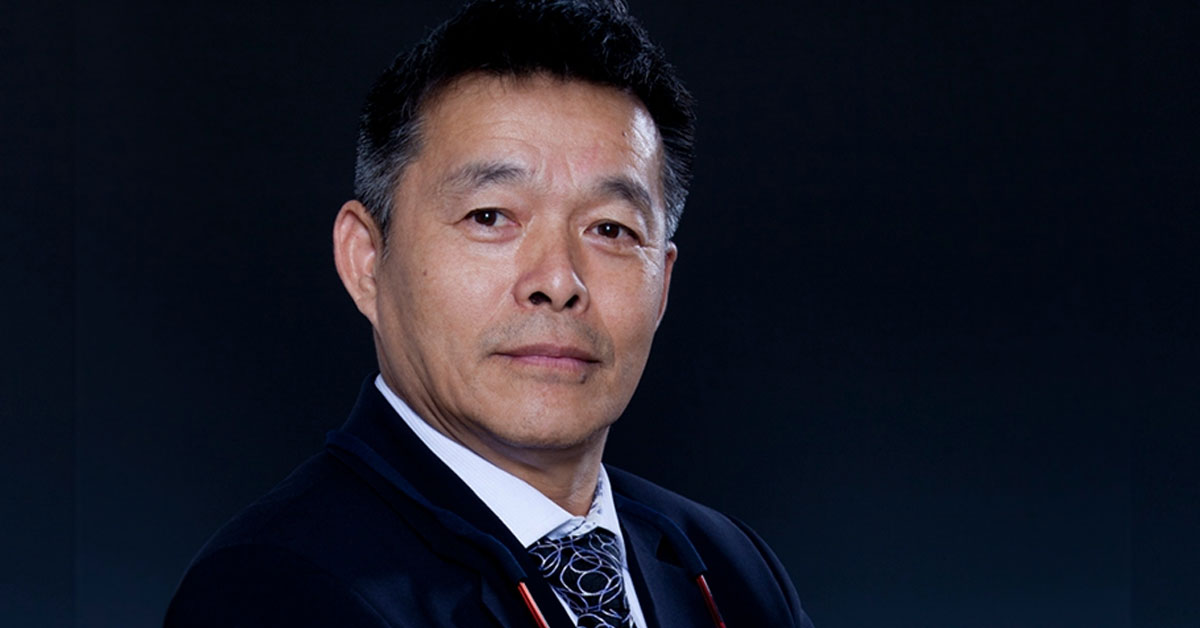Beijing. China will take strong countermeasures against the US, including releasing an “unreliable entity list” that includes relevant US entities, and imposing sanctions on relevant US officials, experts said, after the US House passed an act filled with groundless accusations against China’s Xinjiang Tuesday night, local time.
The Uyghur Human Rights Policy Act of 2019 smeared China’s counter-terrorism efforts in Xinjiang Uyghur Autonomous Region and used fabricated information to slander the vocational education and training centers and religious freedom in the region, analysts said.
A look at the act shows it sticks to the old US rhetoric that uses double standards to distort China’s policies on Xinjiang, and it never mentioned the impressive social and economic development that Xinjiang has achieved.
Chinese government institutions have voiced strong opposition on Wednesday against the US move of pushing forward the act, condemning the US of interfering in China’s domestic issues.
Lü Xiang, a research fellow on US studies at the Chinese Academy of Social Sciences in Beijing, told the Global Times that this act doesn’t have any review process. The sources of the act are loose and unreliable.
Diao Daming, an associate professor at the Renmin University of China in Beijing, told the Global Times that in addition to conveying the truth to the international community, China can adopt the unreliable entity list to list “those companies that dance to the act.”
“China will hit back with stronger countermeasures,” Wei Jianguo, a former Chinese vice minister of commerce and executive deputy director of the China Center for International Economic Exchanges, told the Global Times. He hinted that the countermeasures could be even stronger than what China had taken after the US passed the so-called Hong Kong Human Rights and Democracy Act.
Wei said China can sanction certain US entities and personnel in the unreliable entity list and restrict their entry to and activities in China. “Chinese people are never afraid of a threat or the US. We will fight back with tough measures,” he said.
Erkin Oncan, a Turkish journalist who has followed Xinjiang issues for many years, slammed the act for its sinister intentions. “What China is trying to achieve, the US is trying hard to destroy,” Oncan said.
Origins of the act
The act was initially submitted to the US Senate by notorious anti-China Senator Marco Rubio on January 17. Ironically, the act, which tarnished the counter-terrorism efforts in Xinjiang, was passed at the Senate on September 11, the 18th anniversary of the 9/11 terrorist attacks.
According to the document that Global Times reporters saw on the US House website, the act is divided into nine chapters, and its core parts include findings, sense of congress and chapters requiring sanctions targeting China. It claimed the act aims to “direct United States resources to address human rights violations and abuses, including gross violations of human rights, by the People’s Republic of China’s mass surveillance and internment of over 1,000,000 Uighurs and other predominantly Turkic Muslim ethnic minorities in China’s Xinjiang Uighur Autonomous Region.”
Compared with the previous version that got passed in the Senate, this amended act took out the “specific cases” and added an updated statement of US policy toward China. The act states that US policy toward China should be explicitly linked with the situation in Xinjiang. It also proposes sanctions on certain senior Chinese officials and restrictions on exports.
Before the act was discussed in Congress, the US government had already issued a series of administrative orders against China on Xinjiang-related issues. On October 7, the US Department of Commerce announced that it would include 20 Chinese government agencies and eight companies in the list of entities which they claimed are related to the suppression of ethnic minorities in Xinjiang. The Chinese government agencies in the list of entities include the Public Security Department of Xinjiang and the Public Security Bureau of the Xinjiang Production and Construction Corps. On October 8, the US State Department announced that it would impose visa restrictions on Chinese government officials.
Addressing the differences between the administrative order and act, Yuan Zheng, senior fellow of the Institute of American Studies at Chinese Academy of Social Sciences, told the Global Times that the administrative order issued by the government can be cancelled anytime based on the real situation. But for the act, it’s extremely difficult to abolish it once it is signed by the president and becomes law. It needs adequate reasons and a whole process to abolish it, which is even harder than legislating.
Once the act is passed, it means a new phase for the US in interfering in Xinjiang affairs begins, Yuan said. He pointed out that this interference will become “law-based” for the administrative departments and Congress. And it will also tarnish China’s international image, giving the US enormous influence.
Diao told the Global Times the US hastily pushed the act shortly after Trump signed the Hong Kong Human Rights and Democracy Act because congressmen believe it would be easier to get the new act passed.
Generally speaking, the US House was quite busy in the first half of the year. If they don’t push it now, they may need to wait until April 2020. “So they want to fight a quick battle. Some congressmen also think the act is easy to get passed under the current situation of pressuring China,” Diao said.
“The act shows how US government grossly interfered into China’s internal affairs. It’s a serious violation of international law and fundamental principles of international relations. It is also a provocation against the Chinese people,” Wei said. He added that China is no longer the lamb to be slaughtered and won’t tolerate finger-pointing by the US at its internal affairs.
(In association with Global Times)














